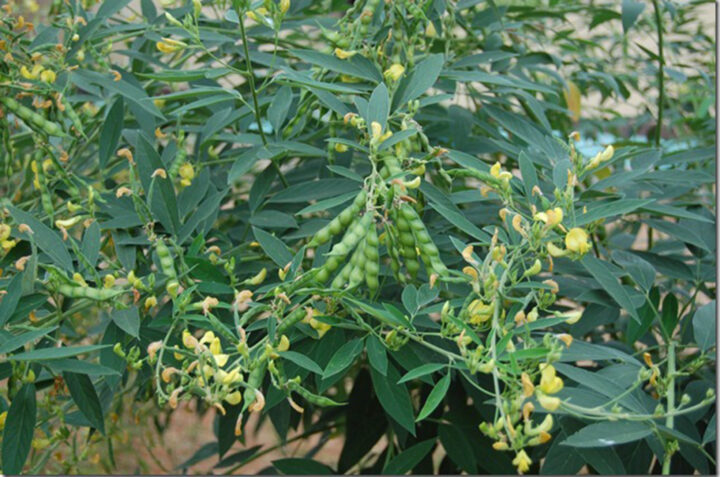June 28
The price of pigeon pea plummeted below K3 million per tonne, according to the Yangon Region Chambers of Commerce and Industry (Bayintnaung).
The prices hit an all-time record high of K3.33 million per tonne on 5 June and then, it drastically fell to K2.94 million per tonne on 27 June. The figures showed a sharp drop of K390,000 per tonne of pigeon pea over the past three weeks.
Similarly, the black gram price also peaked at K2.461 million per tonne in the market on 14 June. It declined to K2.22 million per tonne on 27 June, indicating a decrease of K241,000 per tonne within 13 days.
The drop in pulses prices is attributed to the down trajectory of the FOB prices, according to the pulses market.
Myanmar Pulses, Beans and Sesame Seeds Merchants Association notified on 12 May 2023 that growers should primarily cultivate green gram and pigeon pea this year’s pulses season.
There is a strong market share of black gram and pigeon pea in India. Most of the growers also select them as main crops.
India notified that the free import policy of black gram (urad) and pigeon pea (tur) extended up to 31 March 2024, bringing more benefits to the stockholders in the supply chain including growers and exporters. That being so, they should be selected as the main crops this year, the association mentioned.
Myanmar bagged over US$1.4 billion from over 1.9 million tonnes of various pulses exports in the past financial year 2022-2023, the Ministry of Commerce’s statistics indicated.
Myanmar primarily exports black gram, green gram and pigeon peas to foreign markets. Of them, black gram and pigeon peas are mostly conveyed to India while green grams are shipped to China and Europe.
India has growing demand and consumption requirements on black gram and pigeon peas. According to a Memorandum of Understanding between Myanmar and India signed on 18 June 2021, India will import 250,000 tonnes of black gram and 100,000 tonnes of pigeon peas (tur) from Myanmar for five consecutive years from 2021-2022 financial year to 2025-2026 FY. This G to G pact will not affect the pulses annual quota set by India. Myanmar’s exporters are also entitled to deliver the pulses to India under that annual quota.
Myanmar yearly produces approximately 400,000 tonnes of black gram and about 50,000 tonnes of pigeon peas.
Black gram that India primarily purchases is commonly found only in Myanmar, whereas pigeon pea, green gram and chickpeas are grown in African countries and Australia, Myanmar Pulses, Beans, Maize and Sesame Seeds Merchants Association. — NN/EM



